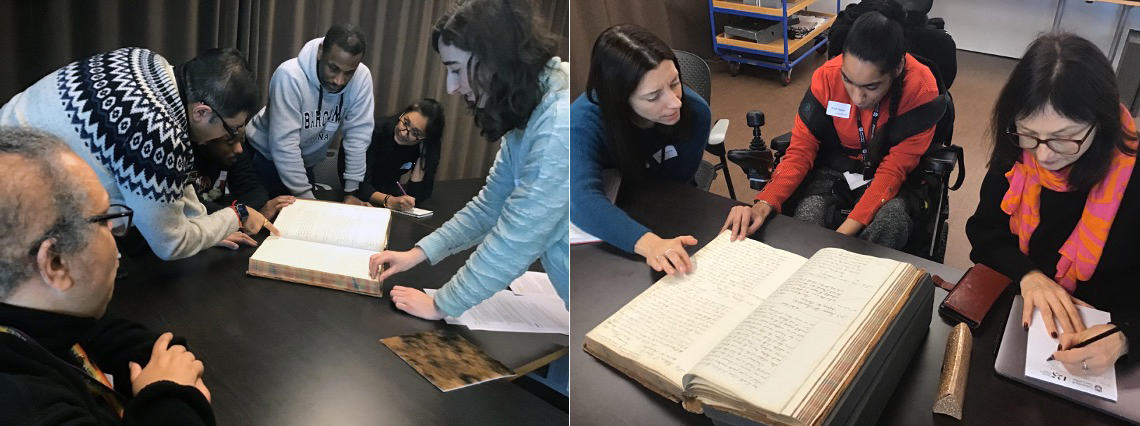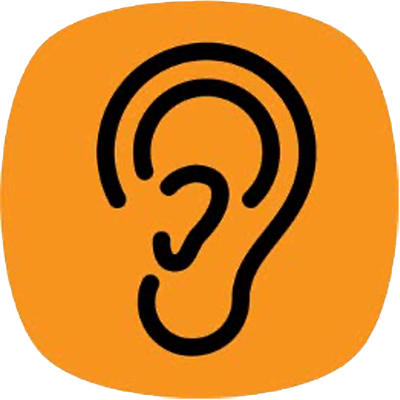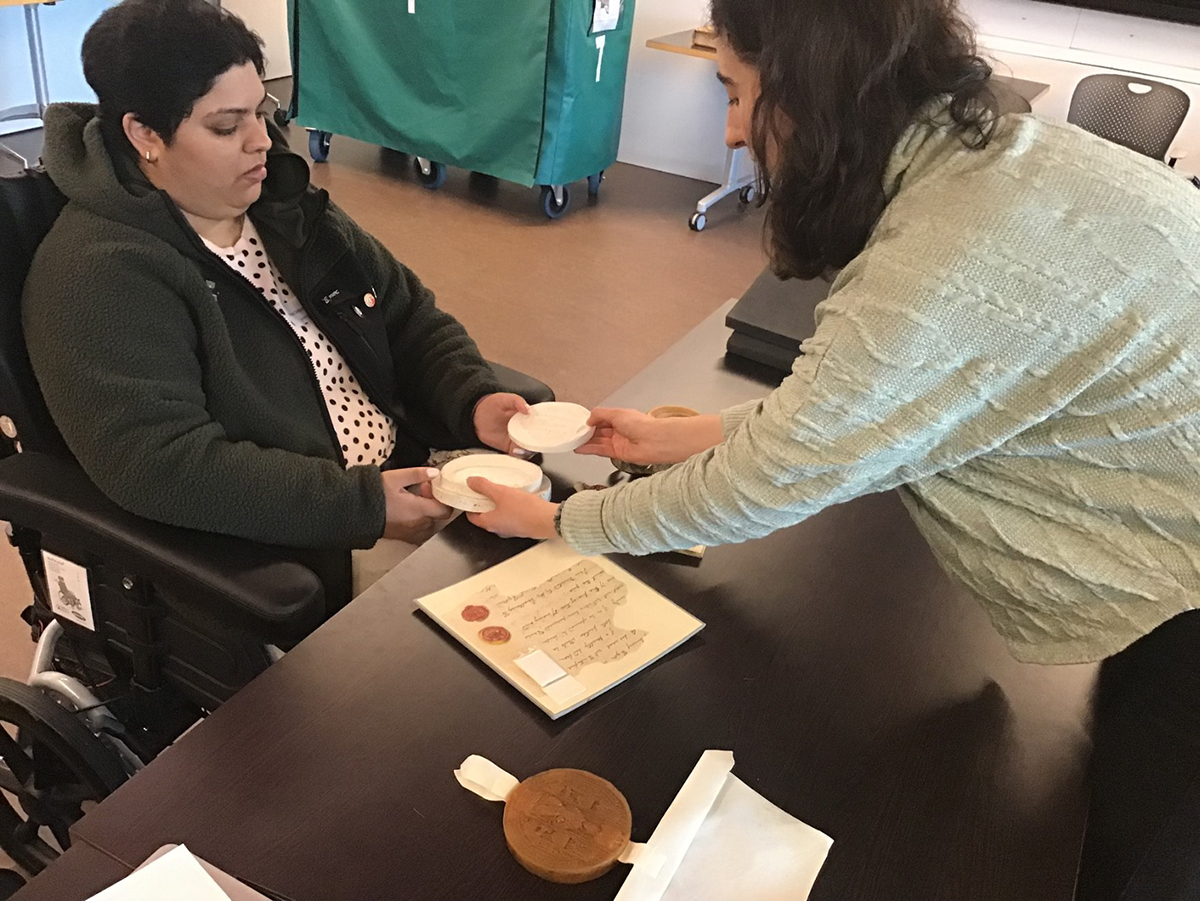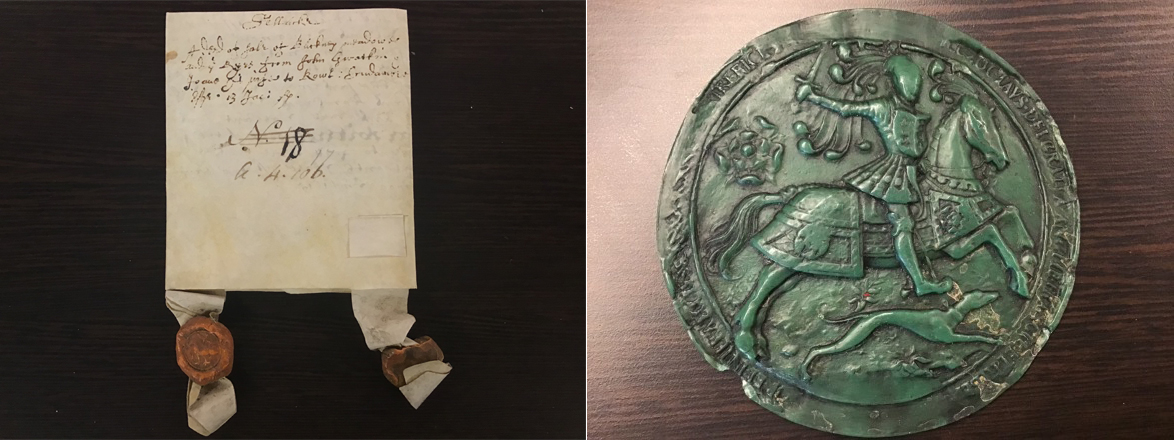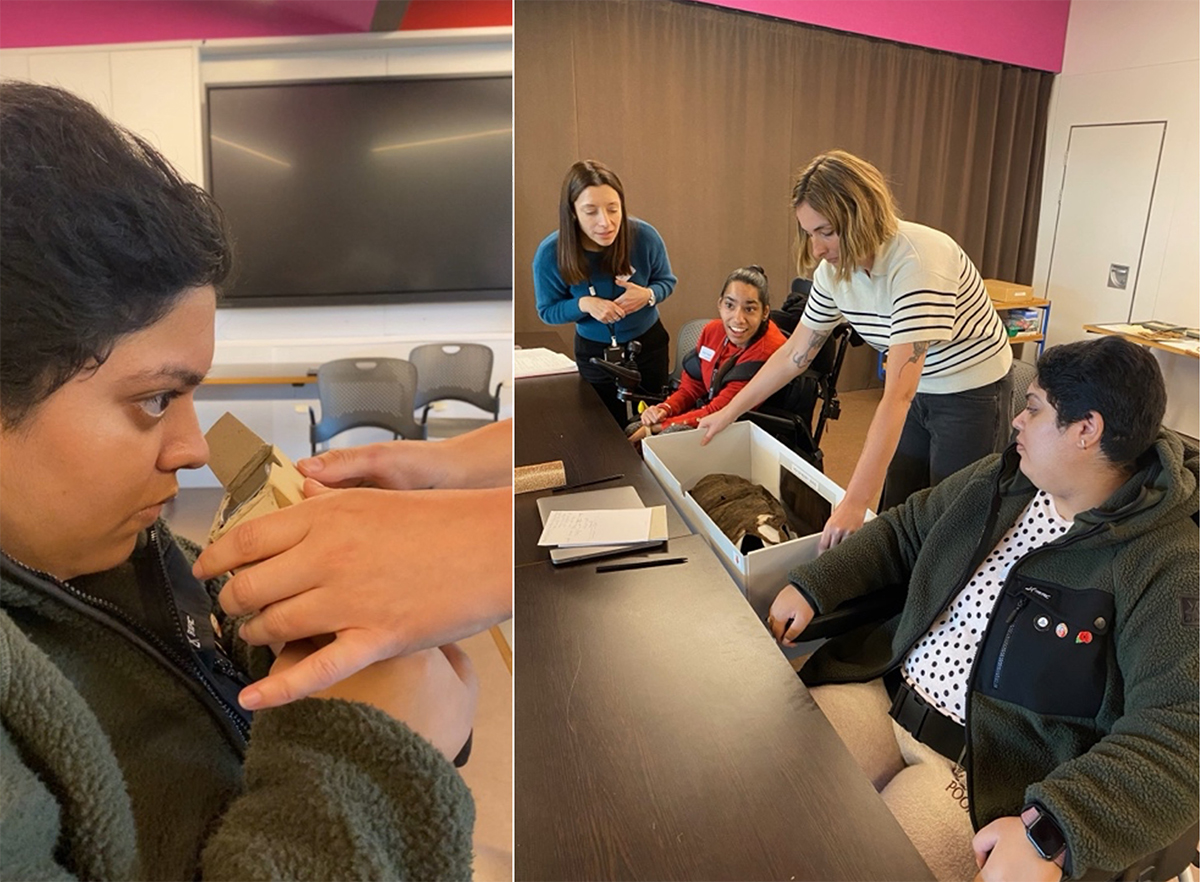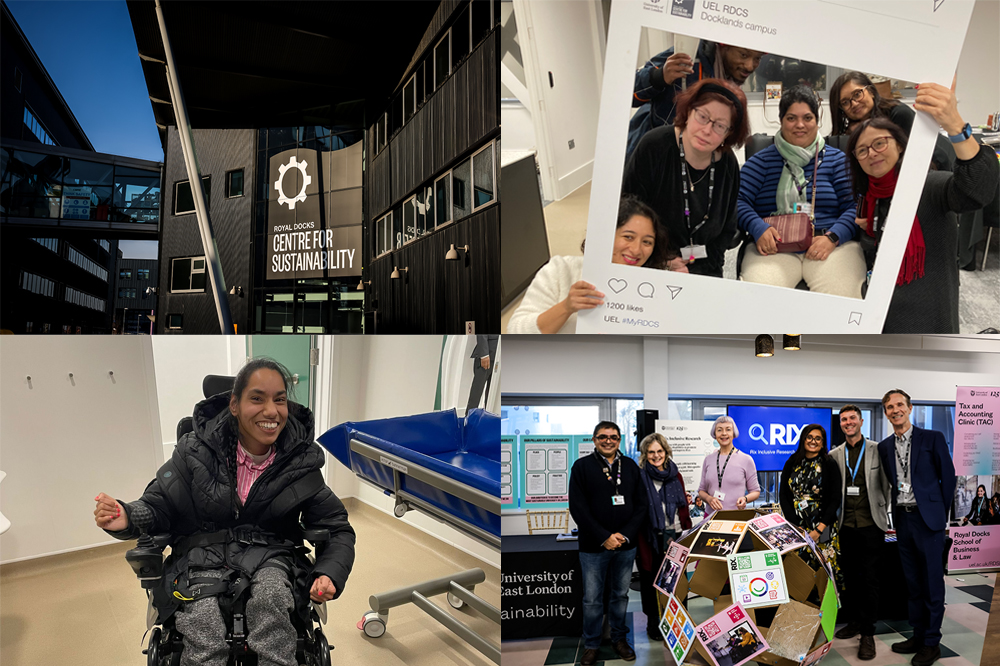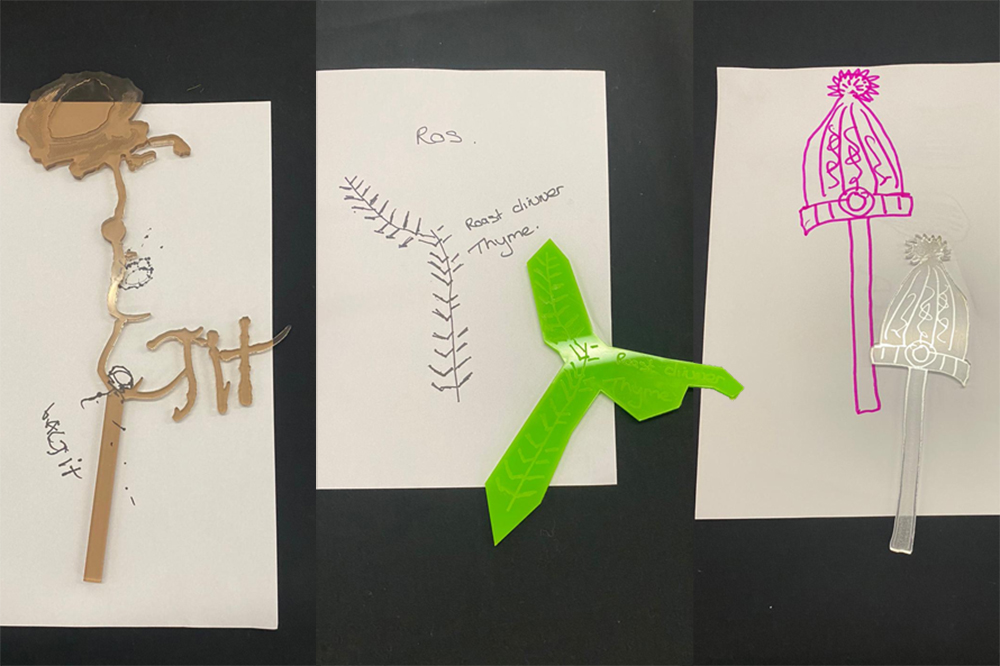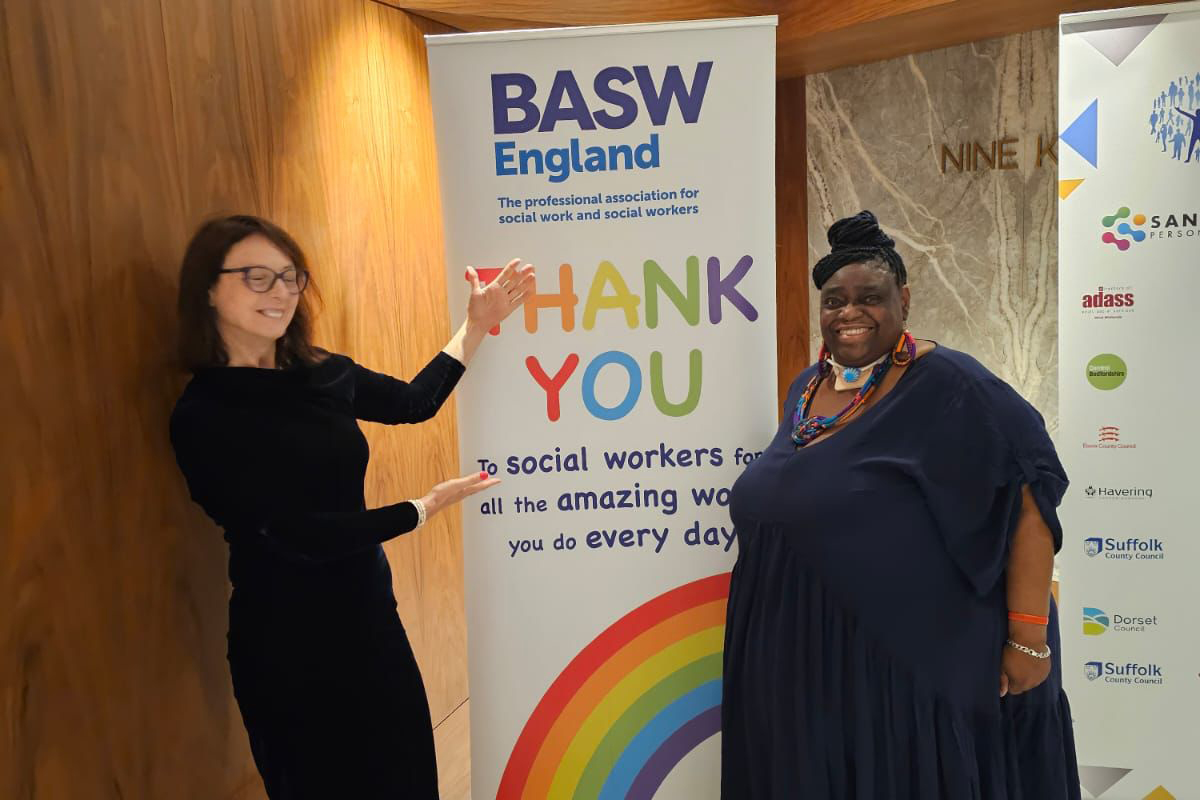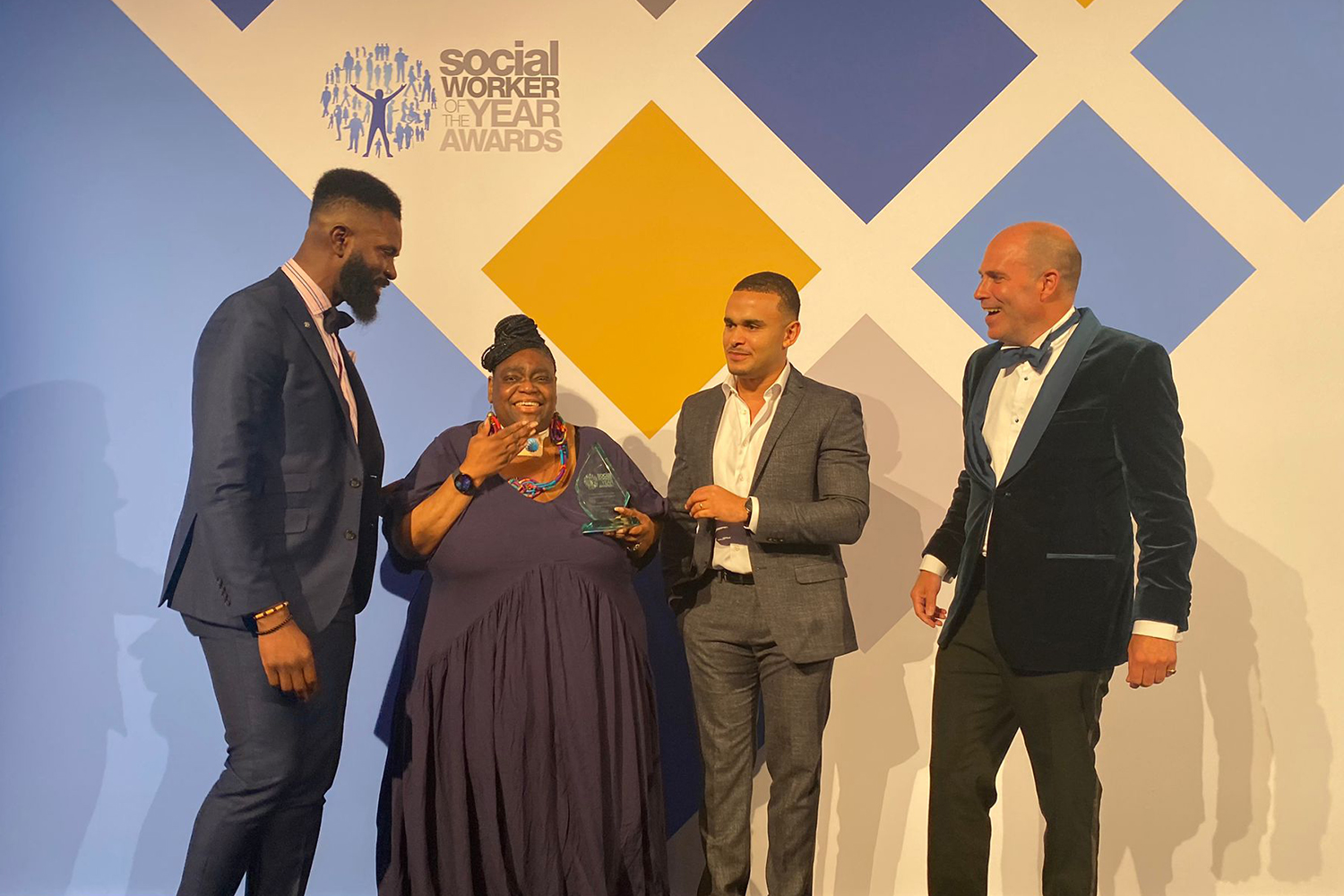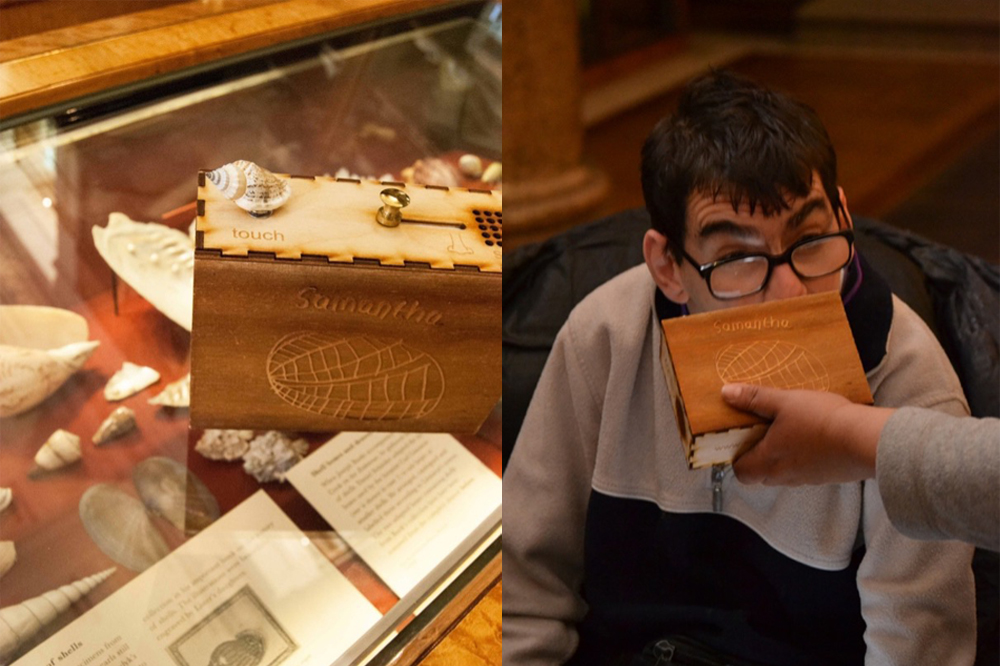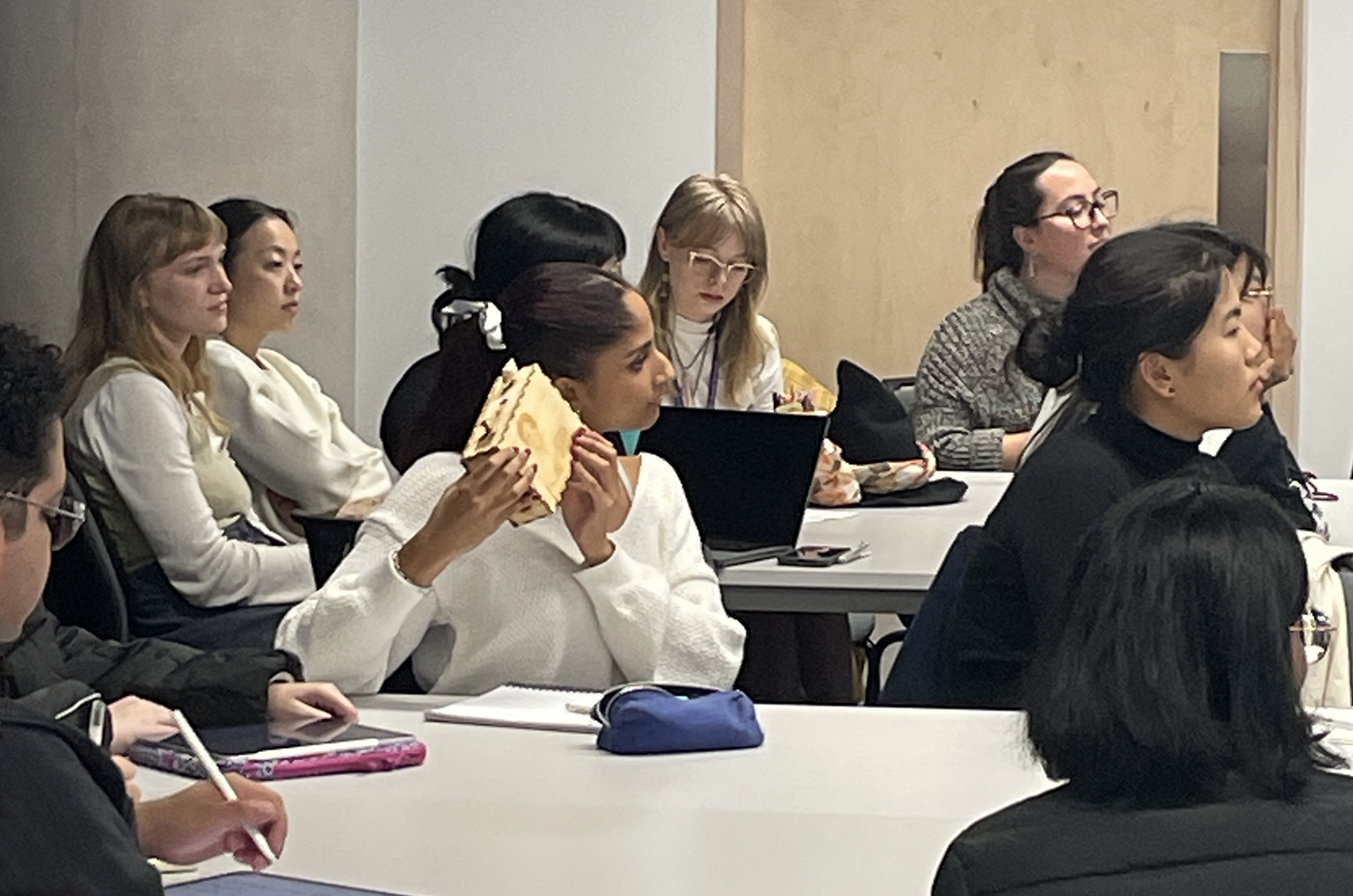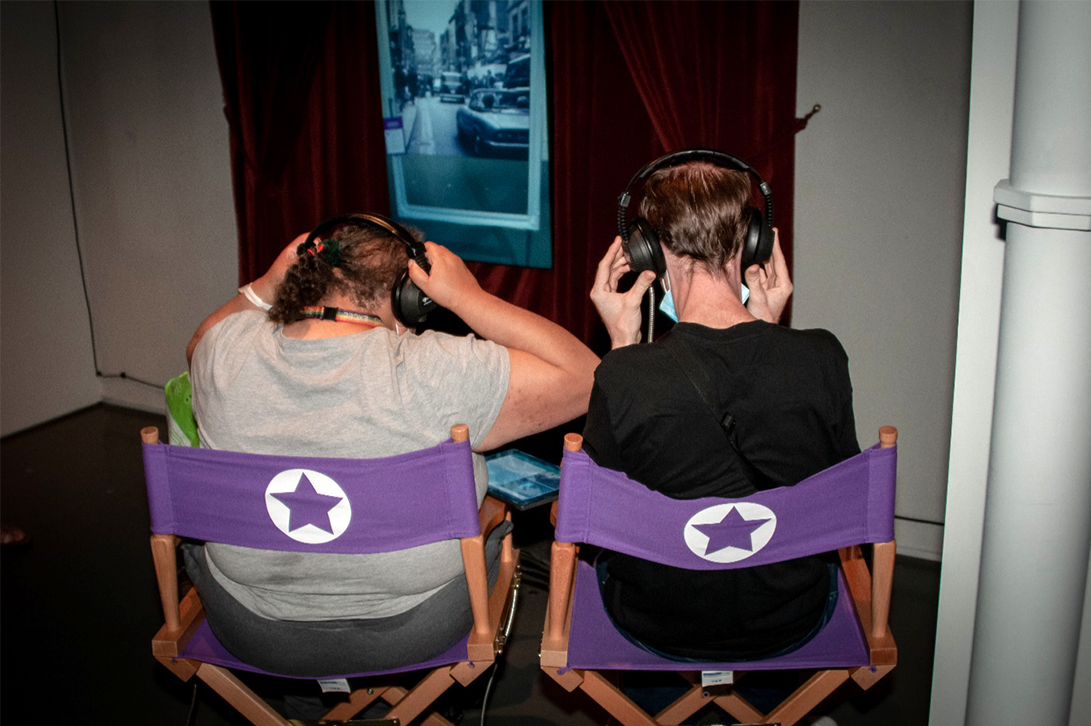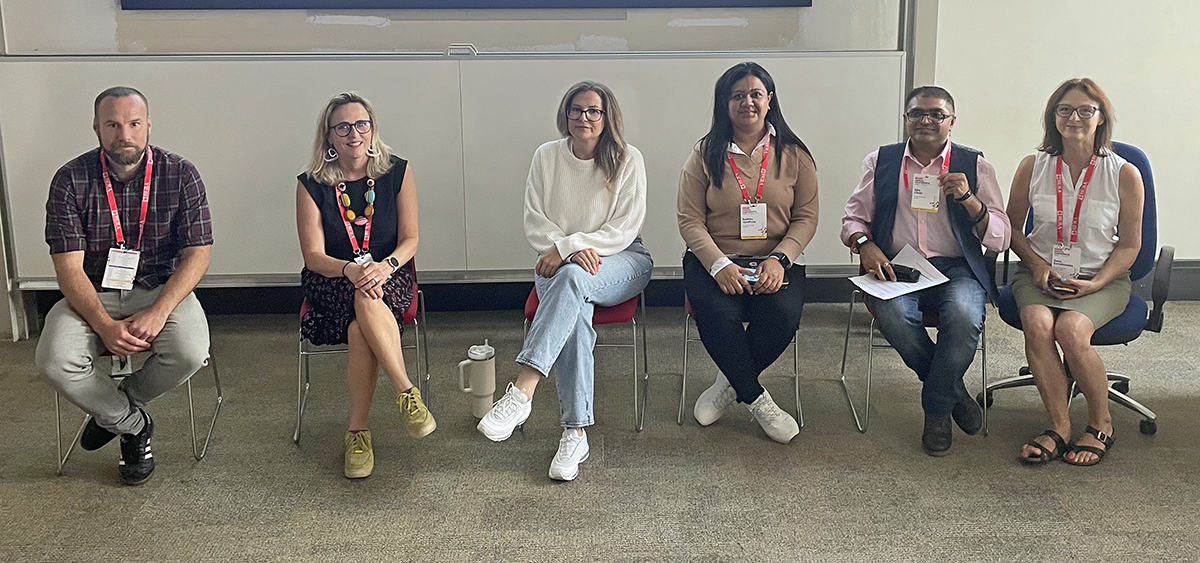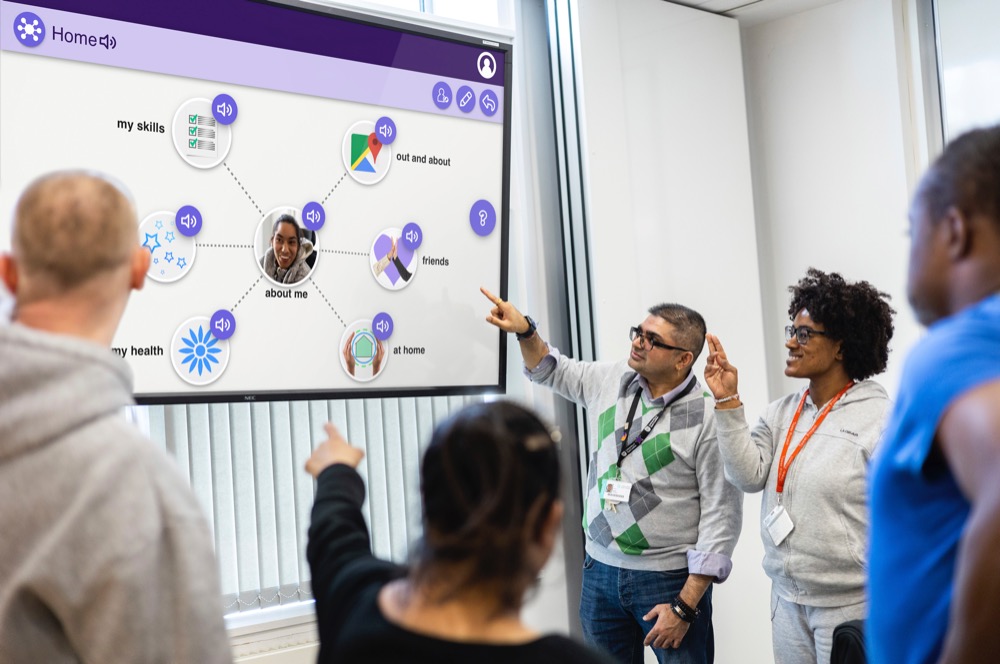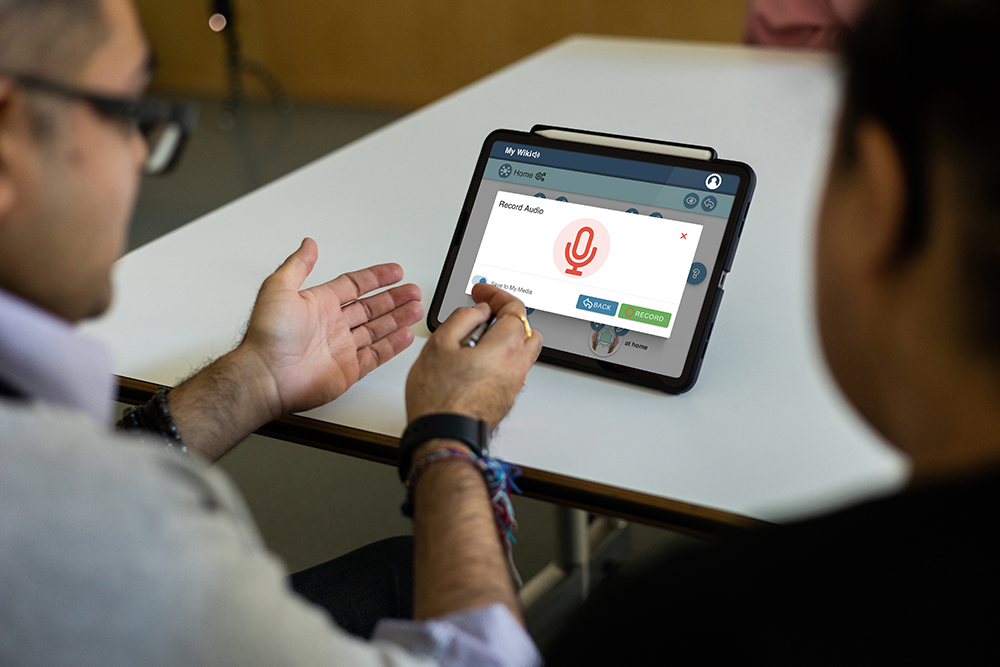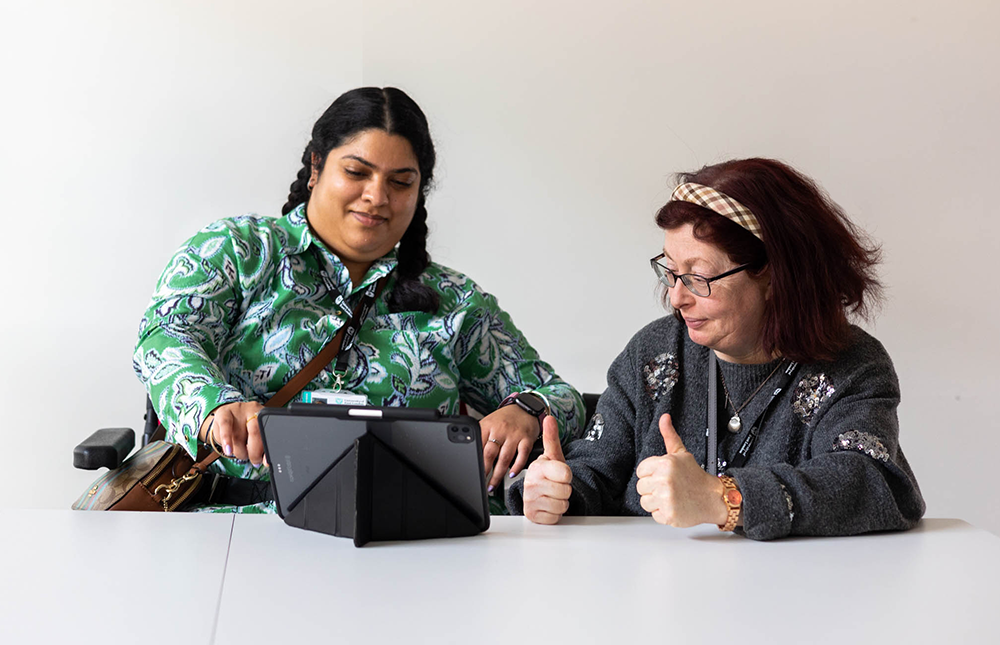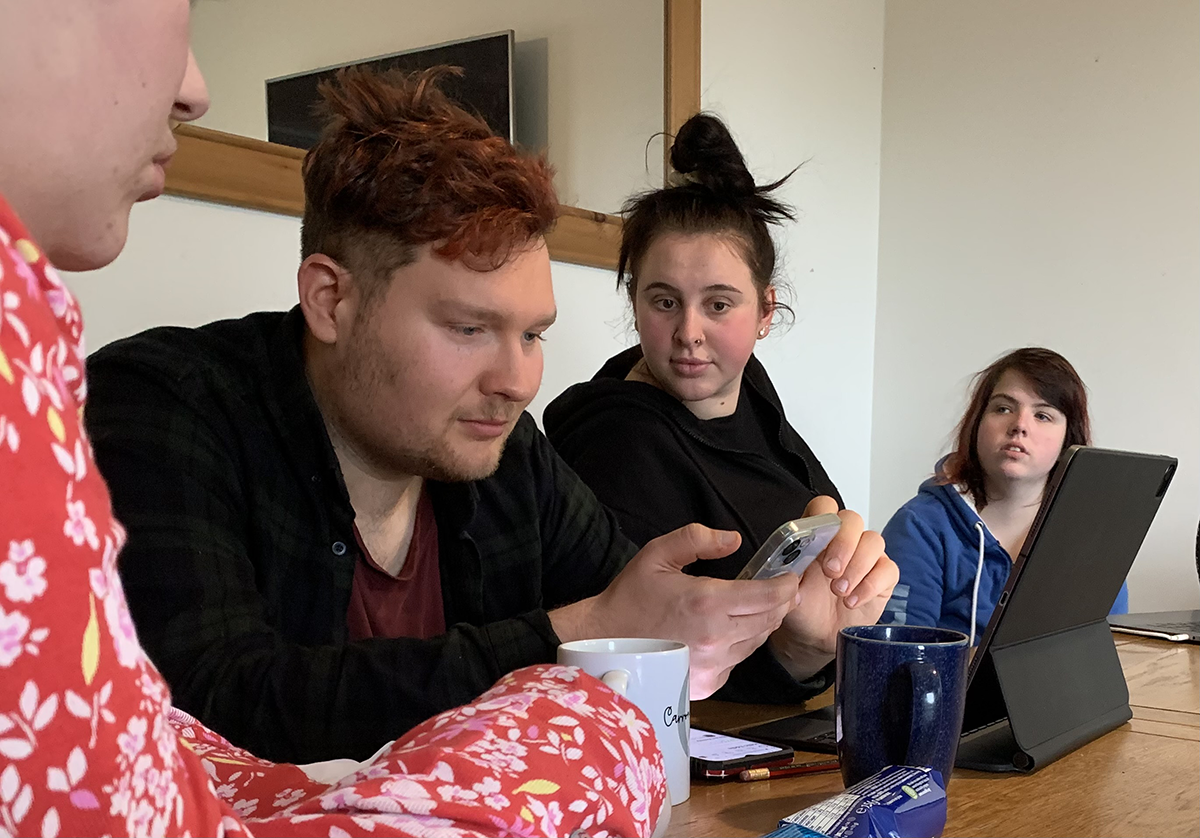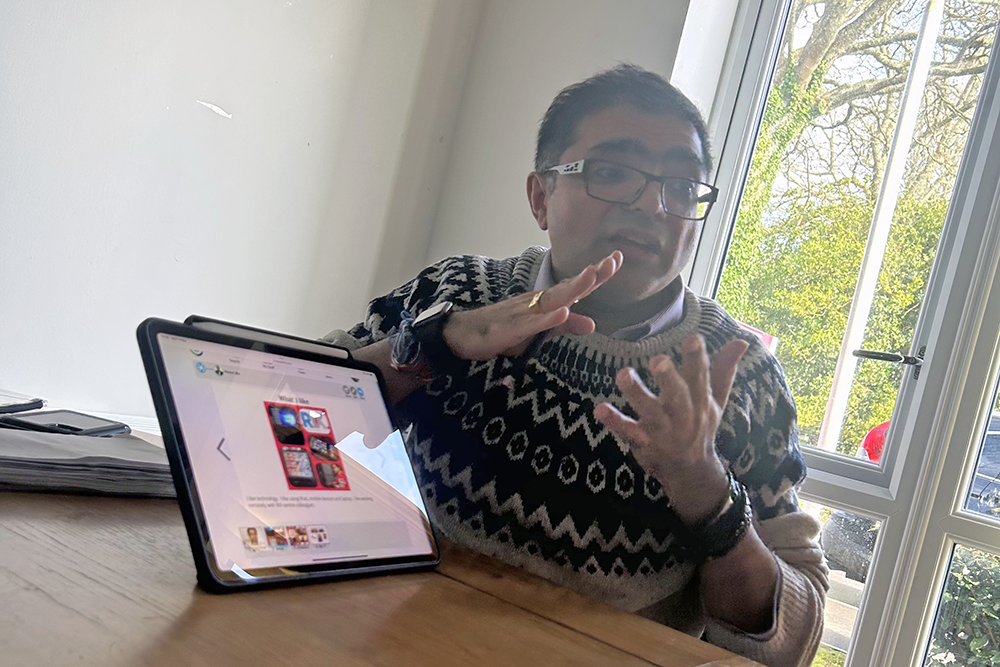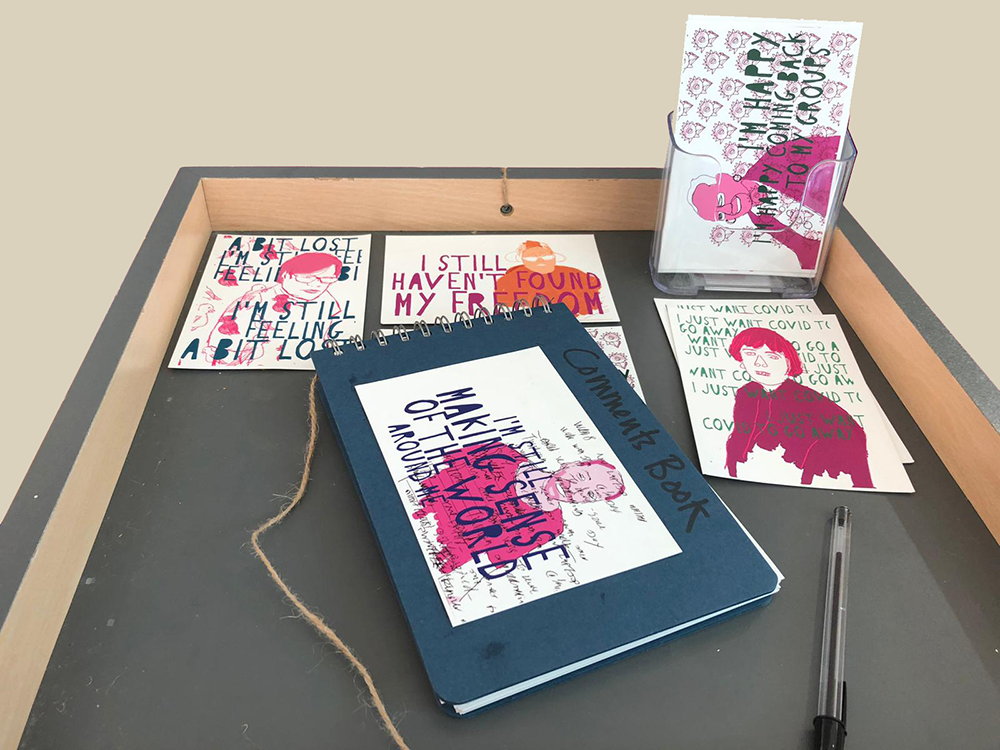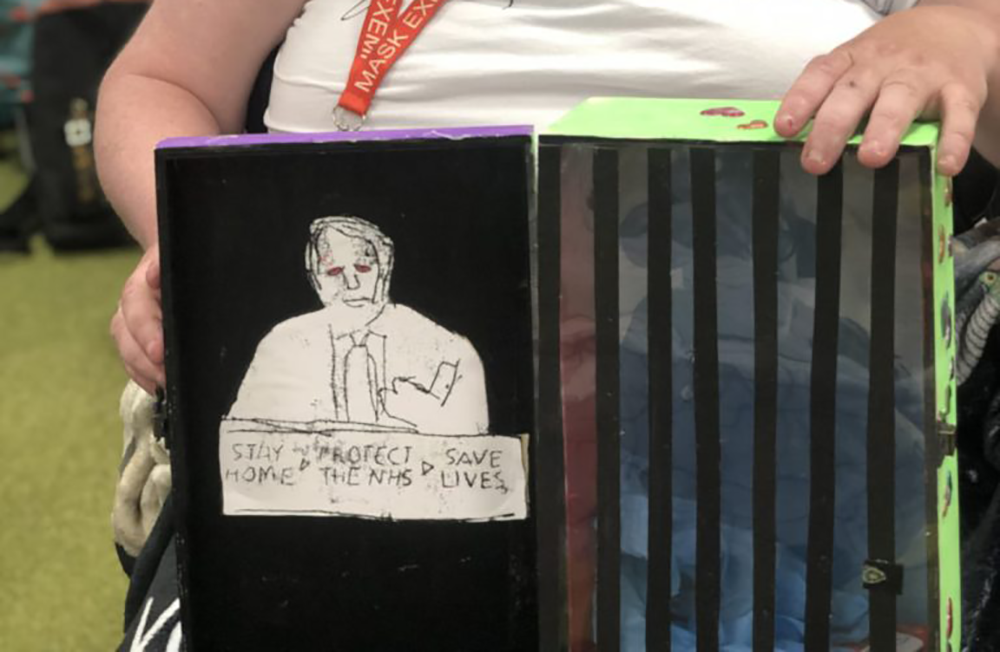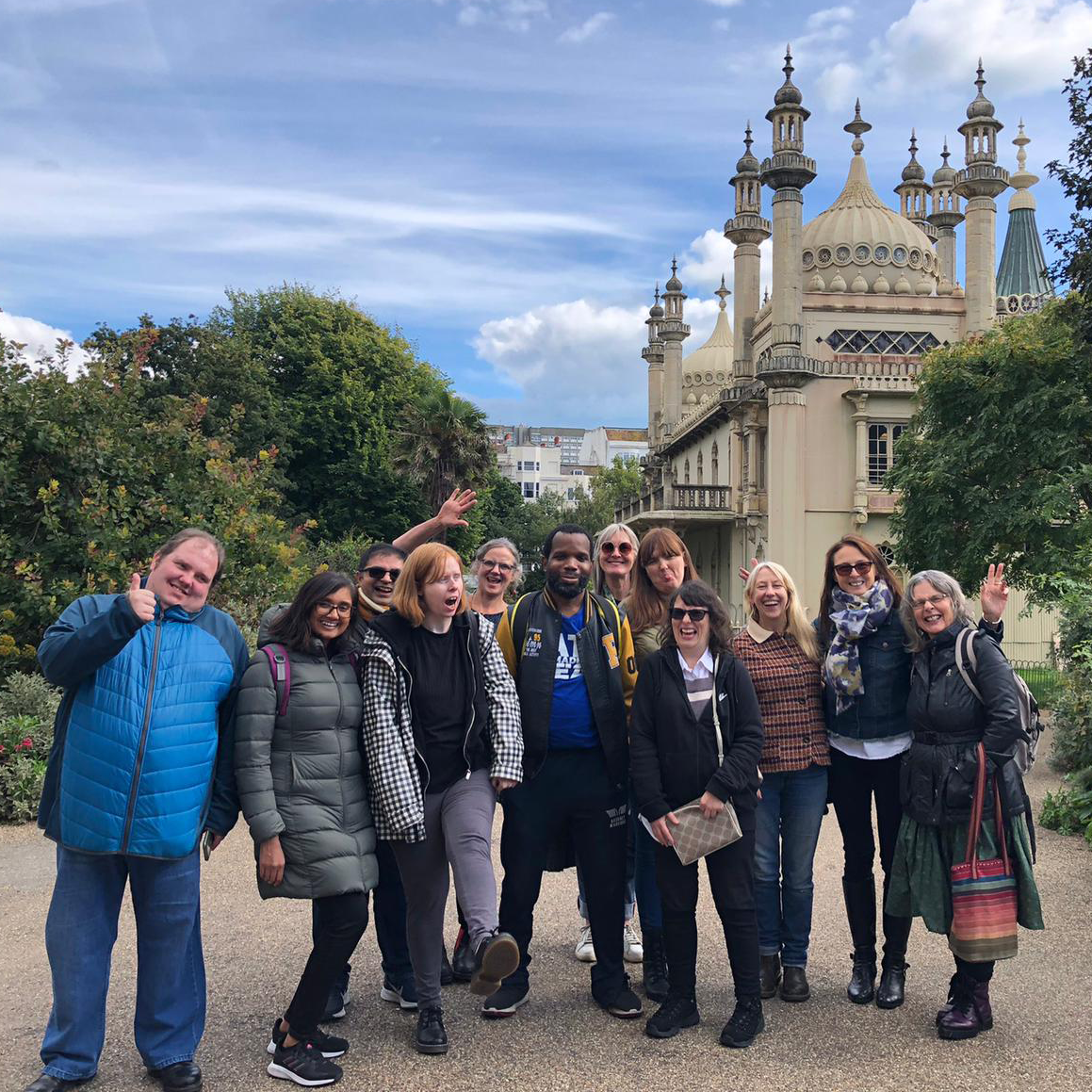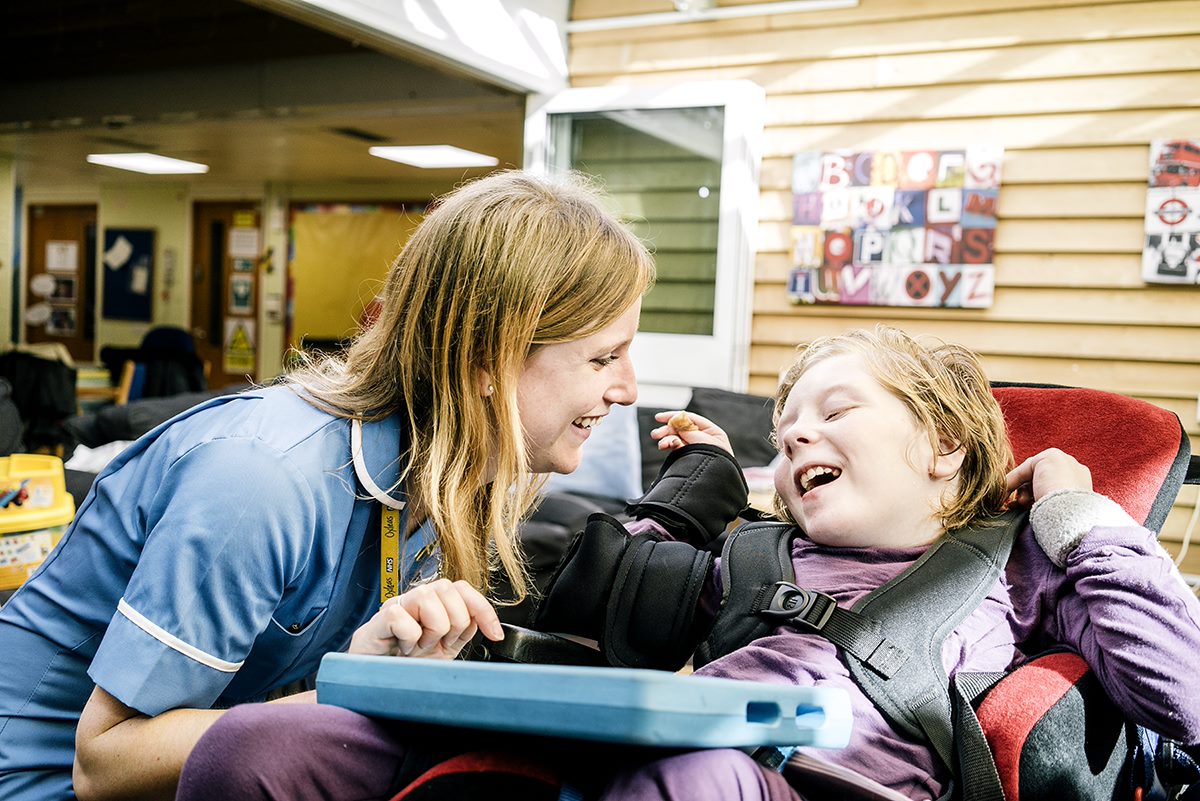Racial equity remains a pressing challenge in the field of social work. As Social Workers strive to address systemic inequalities and uplift marginalised communities, it is crucial to examine the barriers that exist within the profession itself.
This workshop explored the intersection of racial equity and career progression in social work, uncovering the disparities faced by professionals of different nationalities and highlighting the importance of creating inclusive pathways for advancement.
By highlighting these disparities, our aim is not to perpetuate divisiveness but rather to promote awareness and action. It is only through acknowledging and addressing these inequities that we can work towards a more just and inclusive social work profession. Students had the opportunity to critically examine their own biases, assumptions, and privileges. This self-reflection enabled every social work student to recognise and challenge any implicit biases they may hold, fostering personal growth and a commitment to anti-racist values and actions.
Planning and preparation
The Racial Equity and Career Progression in Social Work symposium brought together esteemed speakers who shared their expertise on various aspects of the topic.
Mark Wheeler – social work lead, BA course lead
Racial Equity and Career Progression project with Northeast London Social Work Teaching Partnership
Paul Christian / Sue Ledger
Black Lives Matter
Gwen Bryant – Practice Educator of the Year 2023
The power of language
Pharida Czarny – newly qualified Social Worker, UEL graduate
A Roma perspective
Owen Gardner – Advisors in Mental Health Services (AIMHS) co-ordinator
A lived experience and Family Group Conference coordinator perspective
The discussions centred around promoting diversity, equality, and inclusivity within social work, with a specific focus on addressing racial disparities and systemic racism. The speakers emphasised the need for social workers to reflect on their practice and advocate for marginalised communities. They highlighted the power of language in shaping perceptions and interactions, advocating for the use of inclusive and empowering language in social work. The speakers also shed light on the unique challenges faced by specific communities, such as the Roma community, and the importance of cultural competence in providing effective and equitable social work services.
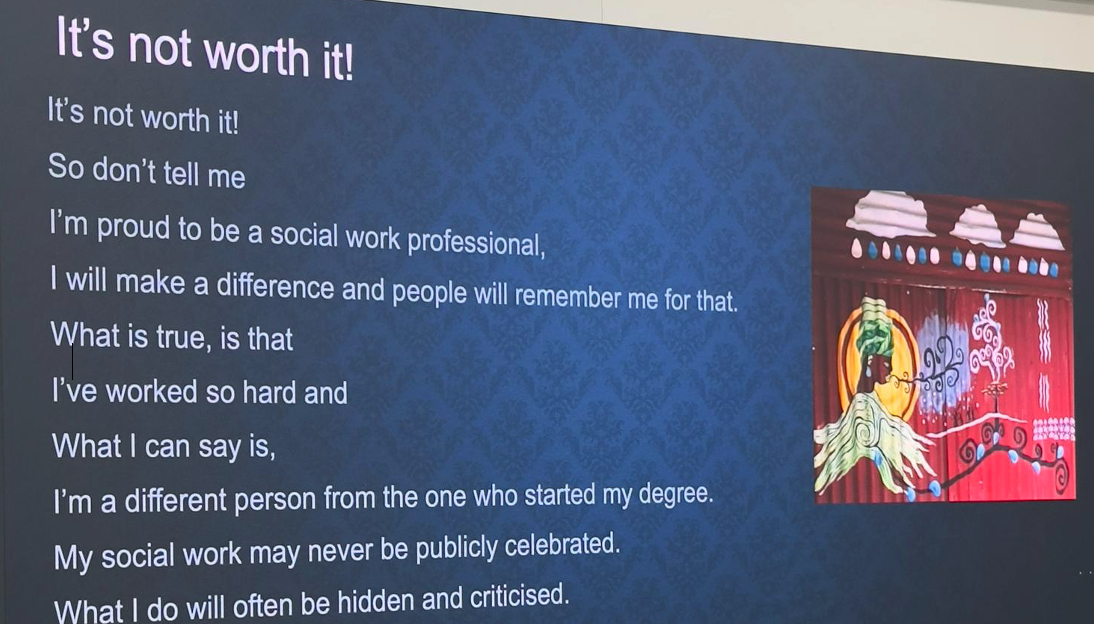
About us
For Stephanie and I (Elizabeth), taking the initiative to organise an event focused on combating racism made us feel empowered which came with a sense of responsibility. We also took into consideration creating a safe and inclusive space where participants can engage in meaningful discussions and learn from each other.
We realised that organising any event can be nerve-wracking, and an anti-racism event is no exception. We felt anxious about logistical aspects, such as planning the timeline of the speakers and ensuring that the event runs smoothly.
Despite these challenges, we found this to be an amazing opportunity to explore and expand our skills. The event provided an opportunity to engage in dialogues, raise awareness, and build connections with others who shared our commitment to combating racism. We believe in the power of education and collective action to bring about positive change.
Feedback from the day
I attended the workshop regarding racial equality and career progression in social work. I would like to say that it was very insightful to see the amount of work that had gone into the day, I was amazed by how we were incorporated into the day and able to ask questions to the presenters. Also able to speak to the outside practitioners involved in the session.
Nicola W, social work student level 5
The event provided me with eye-opening insights into the various dimensions of racism. The diverse range of speakers and topics covered broadened my understanding of the complexities surrounding racial issues.
Izabela I, social work student, level 5
It was a positive experience to hear the perspectives of individuals with varied learning styles and needs, as well as those with diverse life experiences. For instance, the practice educator who communicated through sign language, or Paul, conducting research on the Black Lives Matter movement. It was informative and also enlightening.
Nola, social work student level 5
I very much enjoyed the event. It was very well structured with a diverse range of speakers, speaking about different topics. It heightened my development awareness of anti-racist practice and how it can have an impact on me as well as service users/PWLE. Looking forward to the next event.
Sammi, social work student level 5
Attending the Racial Equity and Career Progression in Social Work workshop was an enlightening and transforming experience. I enjoyed being part of something so important and it felt amazing to be able to put my skills to use and even learn new ones. I was nervous at first, especially about talking in front of the public but I soon found everyone to be welcoming and warm, and I forgot all about my nerves.
Gaining knowledge from the speakers helped to enhance comprehension of the complex problems individuals encounter in their social work professions because of racial inequalities. This experience highlighted the importance of pushing for and putting into action concrete changes within the field to encourage diversity, break down structural obstacles, and support fair career possibilities for all social workers. Overall, this event reinforced my commitment to improving racial fairness in social work and spurred continued efforts toward genuine change.
Elizabeth J, organiser and presenter, social work student level 5
As a social work student, advocating for racial equity in our field is of utmost importance, and this workshop provided me with the tools and knowledge to better understand and address systemic racism within our profession. As one of the organisers of the event, I felt a great sense of responsibility to ensure that the event ran smoothly and that all participants felt heard and valued. This required careful planning, communication, and coordination with my colleagues to ensure that the content was relevant and engaging for all attendees.
The discussions and perspectives shared by the diverse group of participants further enriched my understanding of the intersection of race, career progression, and social work. Hearing the personal stories and struggles of my peers illuminated the need for continued advocacy and support for marginalized communities within our profession. It sparked important conversations and raised awareness about the need for continued efforts to address racial disparities and promote inclusivity in the workplace. Overall, this workshop was a valuable and transformative experience that has motivated me to continue working towards a more just and equitable social work field for all.
Stephanie P, organiser and presenter, social work student level 5
We can’t emphasise enough how important it is as social work students to be proactive and mobilise for change. We need to keep organising anti-racism workshops, foster safe spaces for dialogue, and advocate for diversity training in our programs. Together, we can challenge systemic racism, amplify marginalised voices, and promote equity in our practice and society.
Written by Elizabeth Junghietoru and Stephanie Powell

